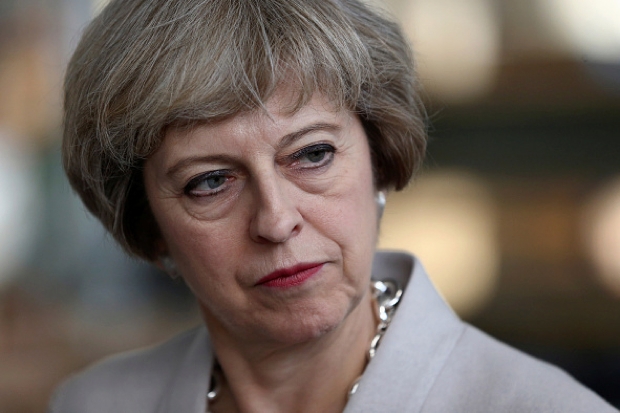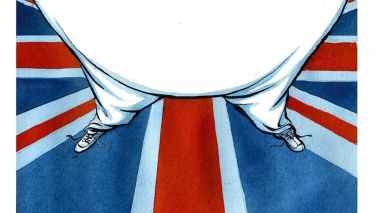In 1960, my father failed the eleven-plus. He was lucky: his parents could afford to send him to a private school. In 1968 he went up to Cambridge, in 2000 he was elected a Fellow of the Royal Society and last year he retired as head of Theoretical Physics at Oxford.
Although it was seldom recognised as a condition in the 1960s, my father’s late academic development and early difficulties with basic literacy skills are characteristic of dyslexia. Dyslexia runs in families, and I very much doubt that I, a card-carrying dyslexic, would have passed the eleven-plus either. While I may never reach my father’s academic heights, after an inauspicious start to my school career I did well in my GCSEs and A-Levels and graduated from Oxford this summer.
Learning difficulties are not uncommon – dyslexia alone is thought to affect one in ten children in the UK – and nor are they the only reason why a child with great academic potential might fail to shine in a set of exams taken when they are only eleven: poor primary school teaching, having a summer birthday and simple chance must all have consigned many a bright child to a Secondary Modern.
Theresa May is a grammar school girl herself, and understandably supports the expansion of a system within which she thrived: it was reported on Friday that she plans to lift the ban on new grammar schools imposed almost two decades ago. But while comprehensive schools are indeed failing children across the academic spectrum, selection at eleven is not the answer: grammar schools divide children too early and too permanently.
Grammar schools are popular on the Tory back-benches because those benches are packed with people for whom the system worked. They are devoid of those it failed. Almost one in five current MPs attended a grammar school, as did eight members of Theresa May’s new cabinet.
When my father sat the eleven-plus in 1960, around a quarter of state-school pupils were at grammar schools. The planned technical schools failed to get off the ground, never accounting for more than 3 per cent of pupils, meaning that the vast majority of schoolchildren languished in Secondary Moderns: second-rate schools, desperately lacking funding, good teachers and aspiration.
If Theresa May is determined to introduce an exam-based selection system, it should be a ‘thirteen-plus’. Eleven is far too young to determine a child’s academic trajectory, and it is for good reason that elite public schools have always selected their pupils at thirteen.
But a far better approach is to do away with the exam altogether, and let pupils choose their own schools with the help of teachers and parents. The vision of the free schools and academies programmes is to make possible the creation of a wide range of different schools with varying academic and technical emphasises – providing families with choice as they select the school they think is right for their child.
Progress is slow, but schools are beginning to diversify. In Hammersmith there’s Toby Young’s West London Free School, which has no entrance exam but which attracts children keen on the compulsory Latin lessons – the classic grammar school cohort. For the more technically-minded there’s the JCB Academy in Rocester, which caters to pupils of various abilities who share an interest in engineering and business – pupils start at 14 and specialise in technical subjects, and the school’s alumni have gone on to an impressive range of apprenticeships and university degrees.
The grammar school system had great strengths, but its merits must be reformulated into a system that helps all children to reach their potential, not just one in four. For many boys like my father, failing to pass a test at eleven will have been more than a knock to their confidence: it will have shaped their lives for the following five decades.







Comments